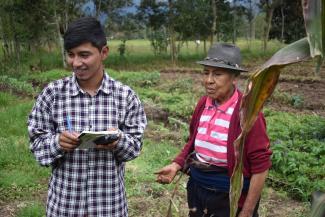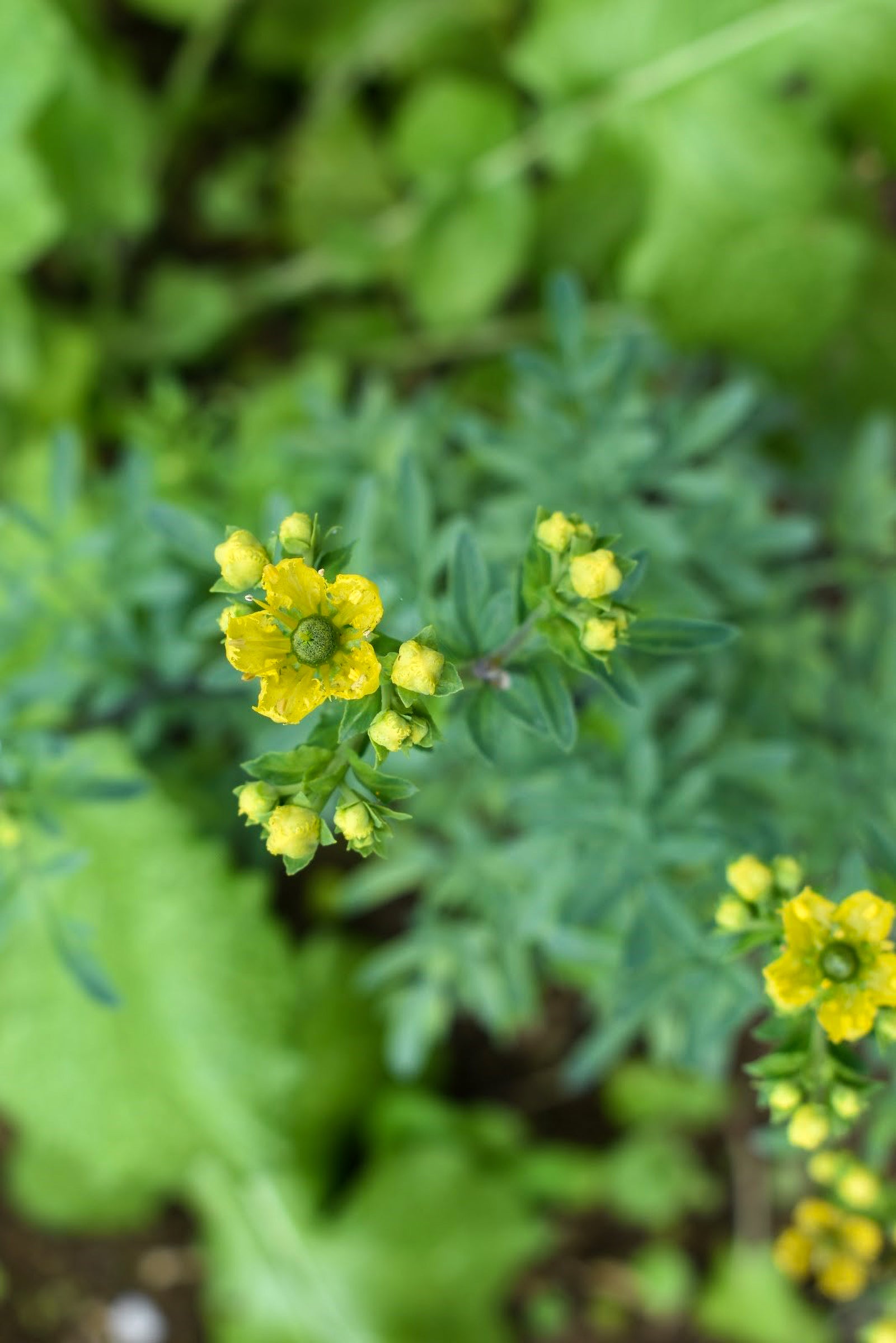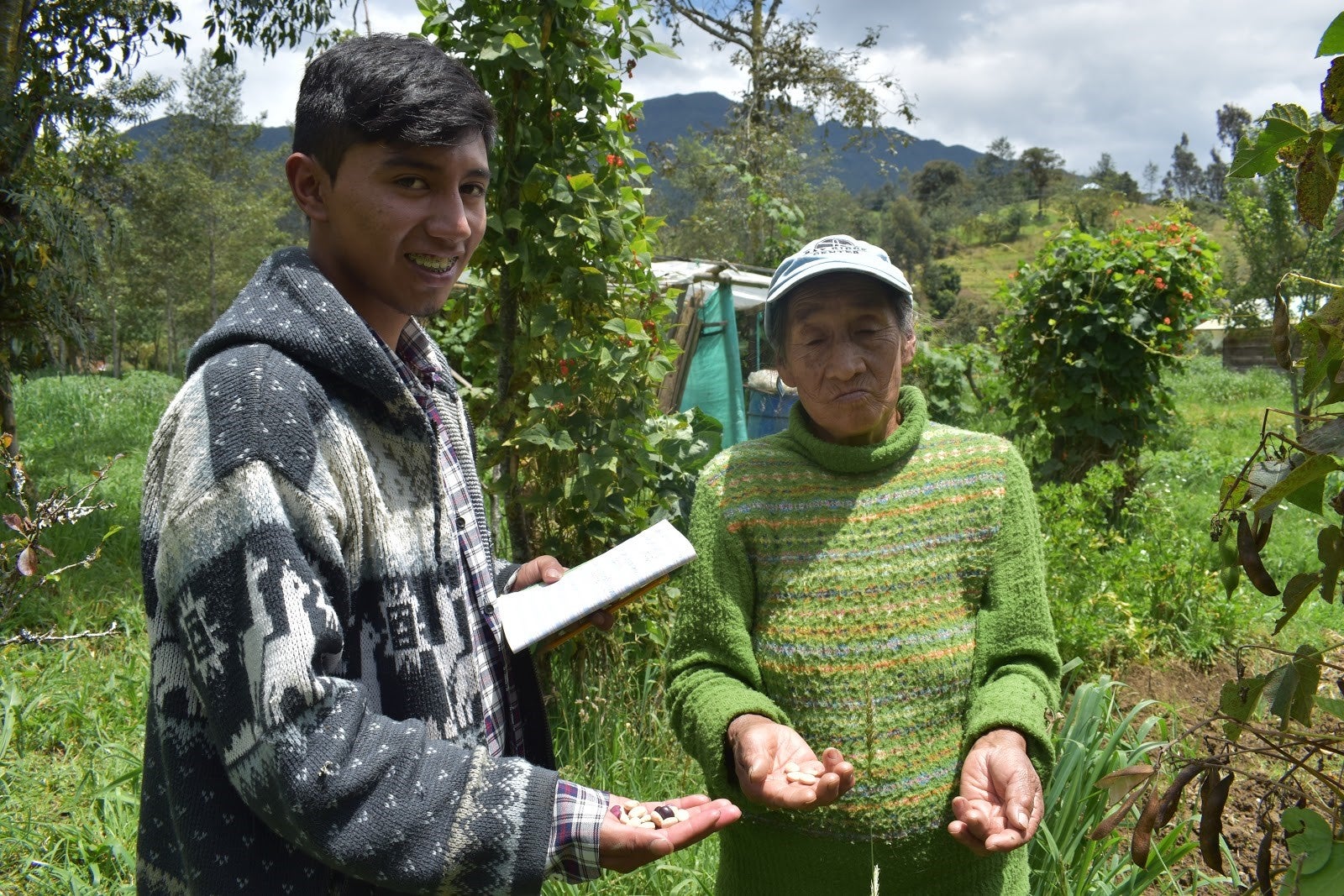
The Indigenous Community Media Youth Fellowship, as part of the Community Media Grants Program, supports young Indigenous leaders between the ages of 16–26 who are eager to learn about technology, program development, journalism, community radio, media, and Indigenous Peoples’ rights advocacy. This is the third year of the Fellowship Program, which has awarded grants to 22 youth to date. Juan Pablo Jojoa Coral (Quillasinga), age 19, is from the Pachawasi reserve of Colombia and is a member of Radio Quillasinga 106.1 FM.
My parents are Quillasinga. The Quillasingas live in the páramos of southern Colombia in the Andes. Its landscape and fresh air are our greatest wealth. We have created natural reserves to promote the message of reforestation to share with children and youth so that the Andean worldview is not lost.
The Quillasingas are agricultural producers. This is a culture that allows us to live in harmony with our mother earth. The Quillasinga people cultivate and protect the plants for domestic use that are presented in the chagras (chagra comes from the word kichwa chakra, which is related to the land for cultivation) and are located near the house, where our grandparents use organic fertilizers to help our mother earth be fertile. The foods of chagras are also used for spiritual ceremonies, sharing with grandparents and youth so that our culture as Quillasingas is not lost.

Ruda plant (Ruta chalepensis) helps relieve coughs and respiratory problems. Elders use it to purify air.
Women have a very important role in the preservation of the chagra; they are the reproducers of new seeds and they know how to use them. They are sensitive to knowledge getting lost. Whenever a grandmother leaves, information that has not been collected goes away.
All plants are connected with our mind, body, and spirit. They have their own moving essence. In the era of my ancestors, in the Andes mountains, for millennia the only remedies my grandparents had to cure their ailments were of plant origin and came from nature, so they began to cultivate and learn more about the plant with its benefits and healing properties.
I am very interested in ancestral medicine because my grandparents heal my parents and my parents heal me. I want to share that knowledge so that we know our own medicine. Our mother earth is the most important thing we have, since our food comes from her and we have to cultivate and take care of it. If each one sows, no one would suffer from hunger.

In 2019, I started working on my farm, Pachawasi (Pacha is time and space, earth and world; wasi is home), renovating places where you can contemplate the landscape and sow. I decided to deepen my knowledge about the land and applied to study agricultural crops.
My fellowship project is to produce six radio programs that collect the wisdom and knowledge about management of medicine from each mother or father, as well as my experience with medicine and the experience of other youth. Medicine is important for our people because it is the medicine of our grandparents and it puts us in connection with the higher being that heals our body, mind, and spirit. The most important thing is that our natural medicine can be found in our territory.
The project contemplates the compilation of oral information of three plants for ceremonial use: ayahuasca, mother coca, and grandfather tobacco in the Siona, Cofán, and Huitoto regions where people have settled in the Amazon in the departments of Nariño and Putumayo.
My grandparents and their grandparents have transmitted the ancient medicines to us through oral tradition. This generation has to know that we are a tree; that our land is the roots, the trunk is the community, and the leaves are each one of us who is feeding and contributing to it every day. That the seed is your food and that the food is your medicine. The Quillasinga people will follow their means of subsistence cultivating their organic products while preserving their traditional cuisine. They will continue to strengthen the chagras.
Top photo: Juan Pablo Joja Coral with his grandmother collecting information about local plants.
All photos courtesy of Juan Pablo Joja Coral.
